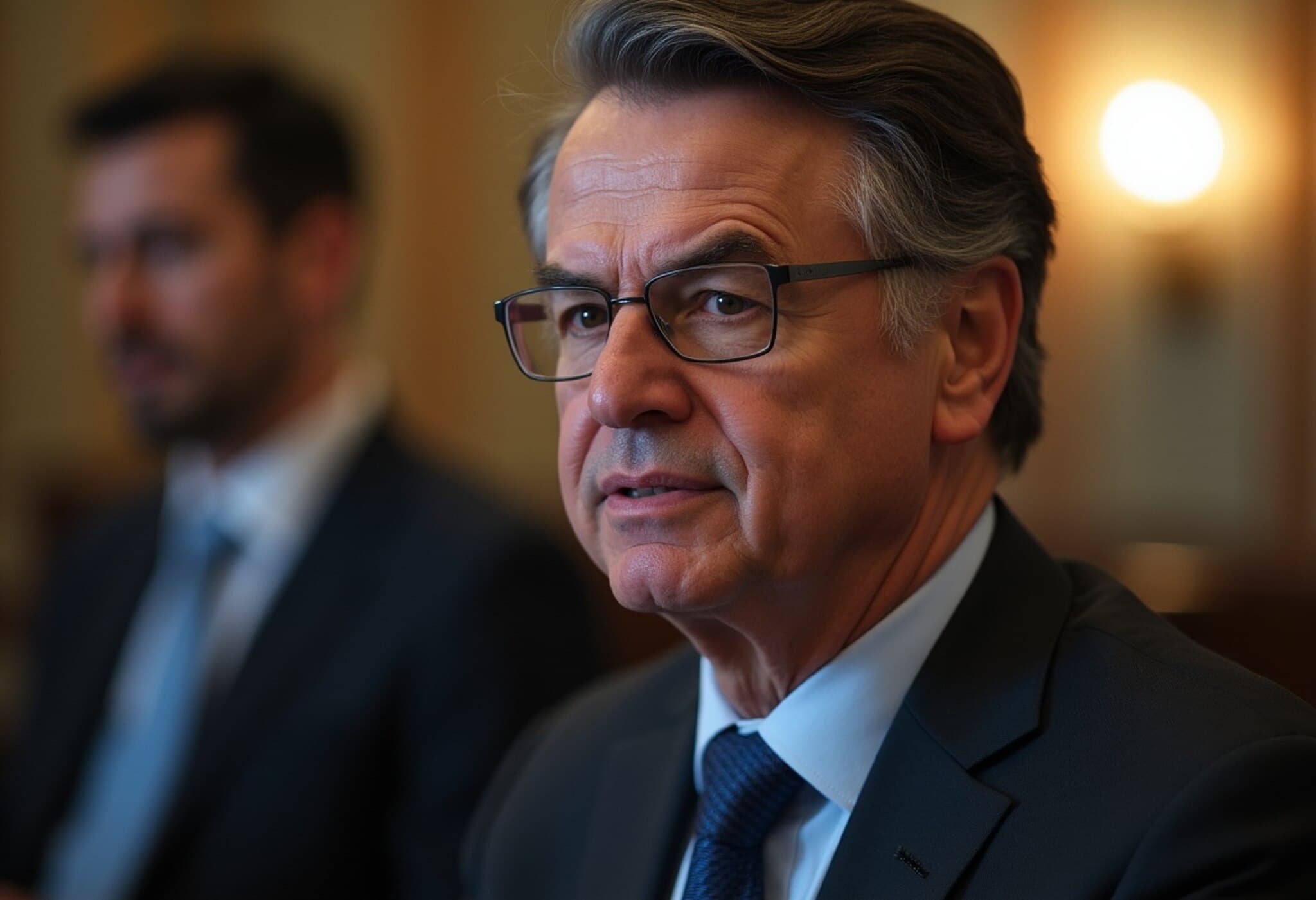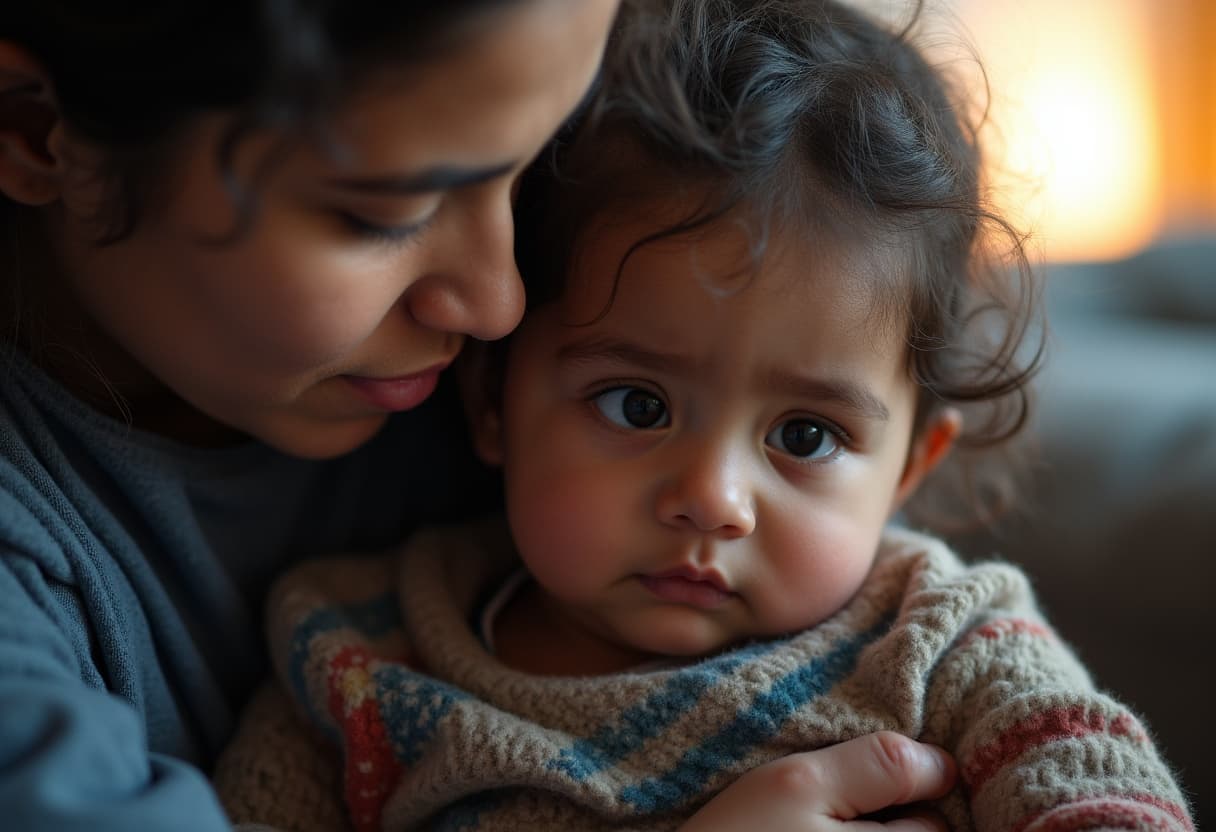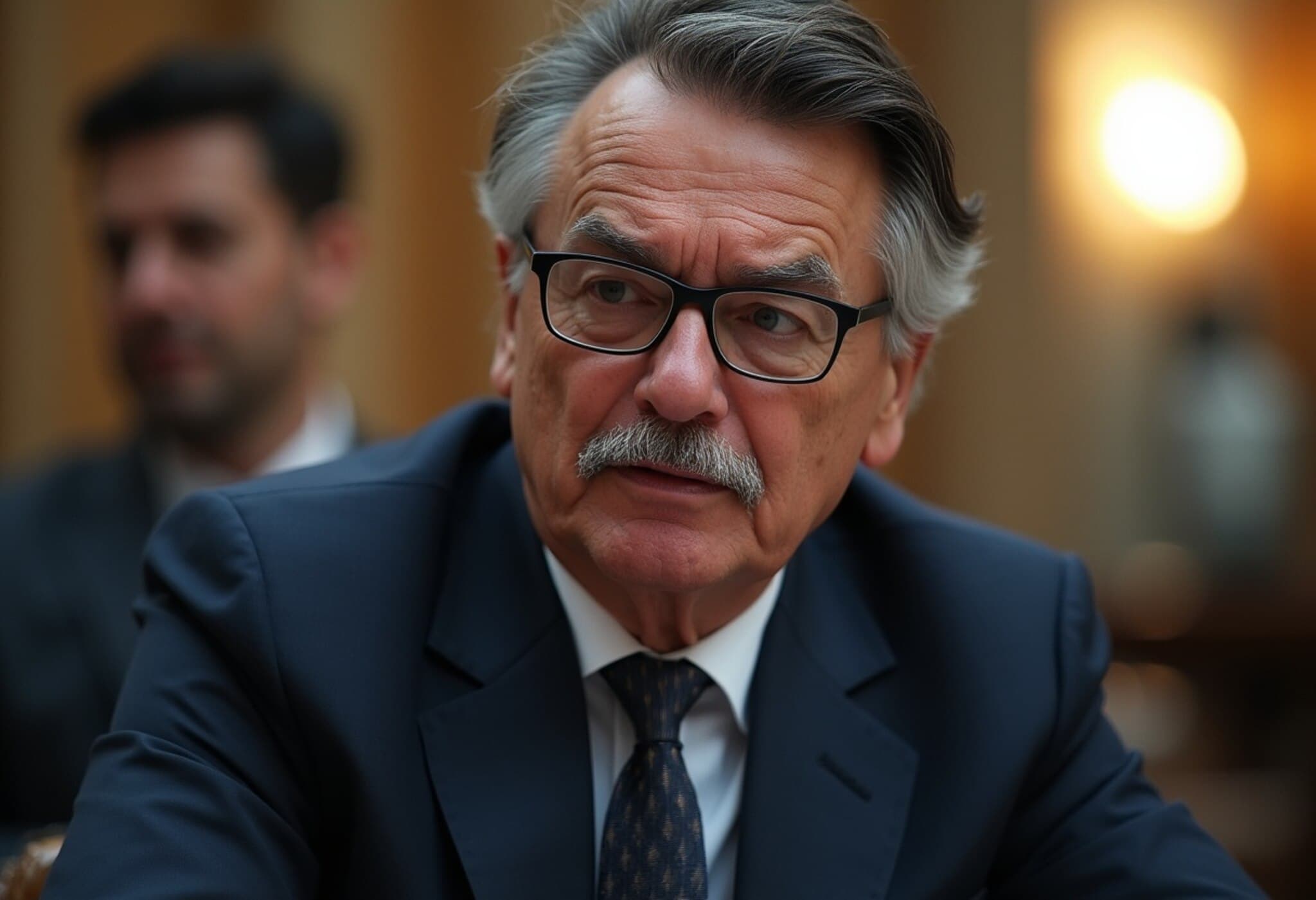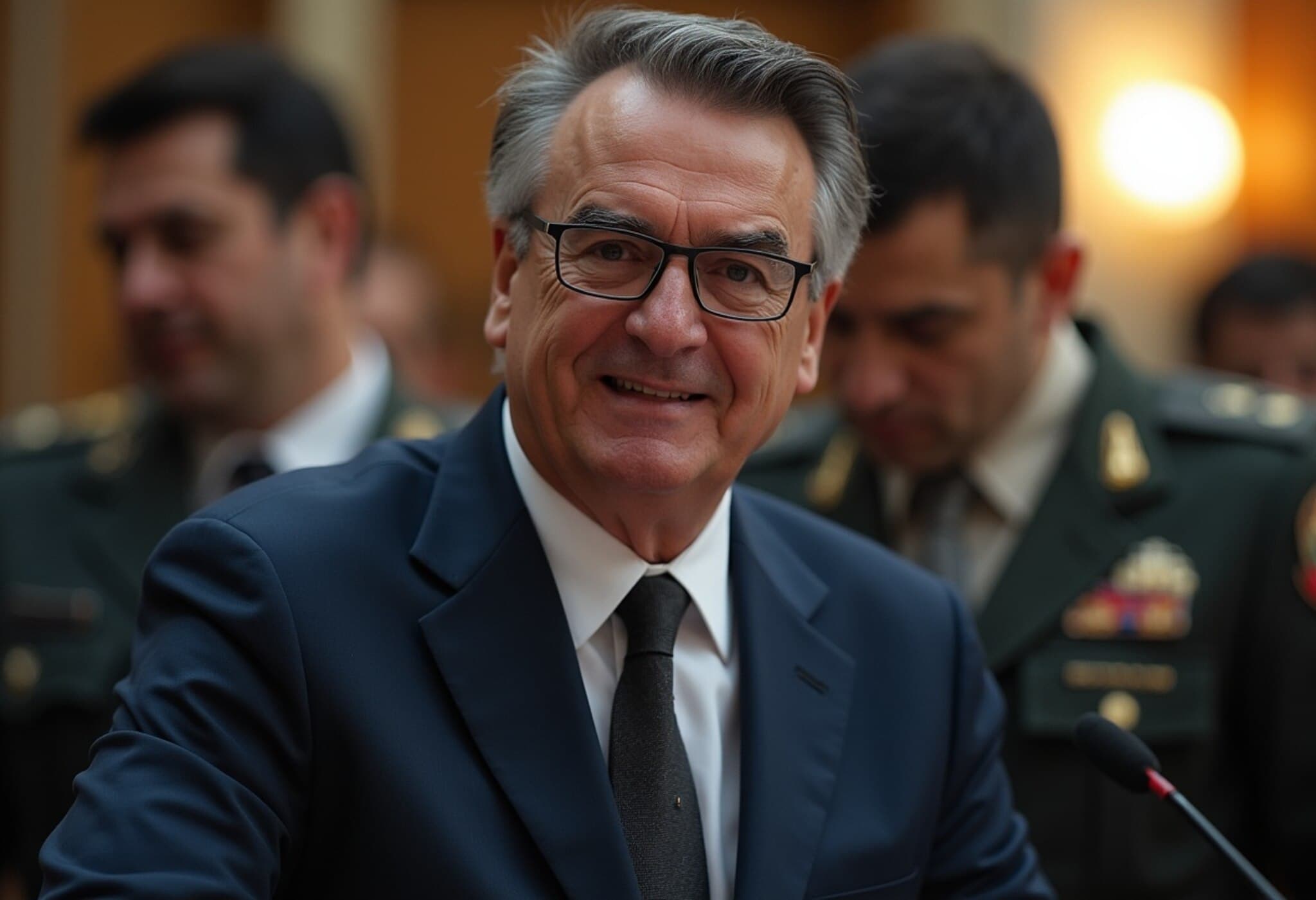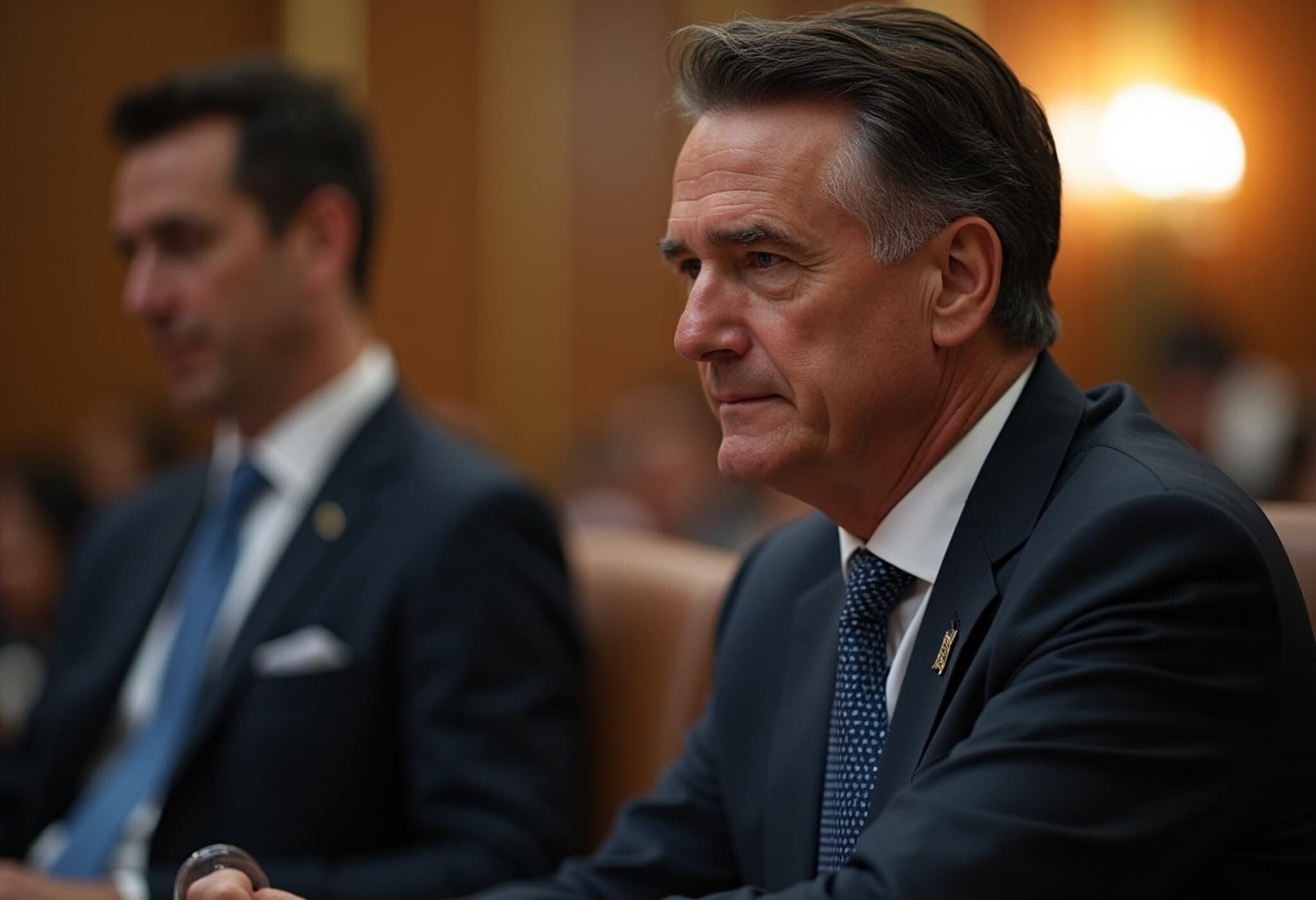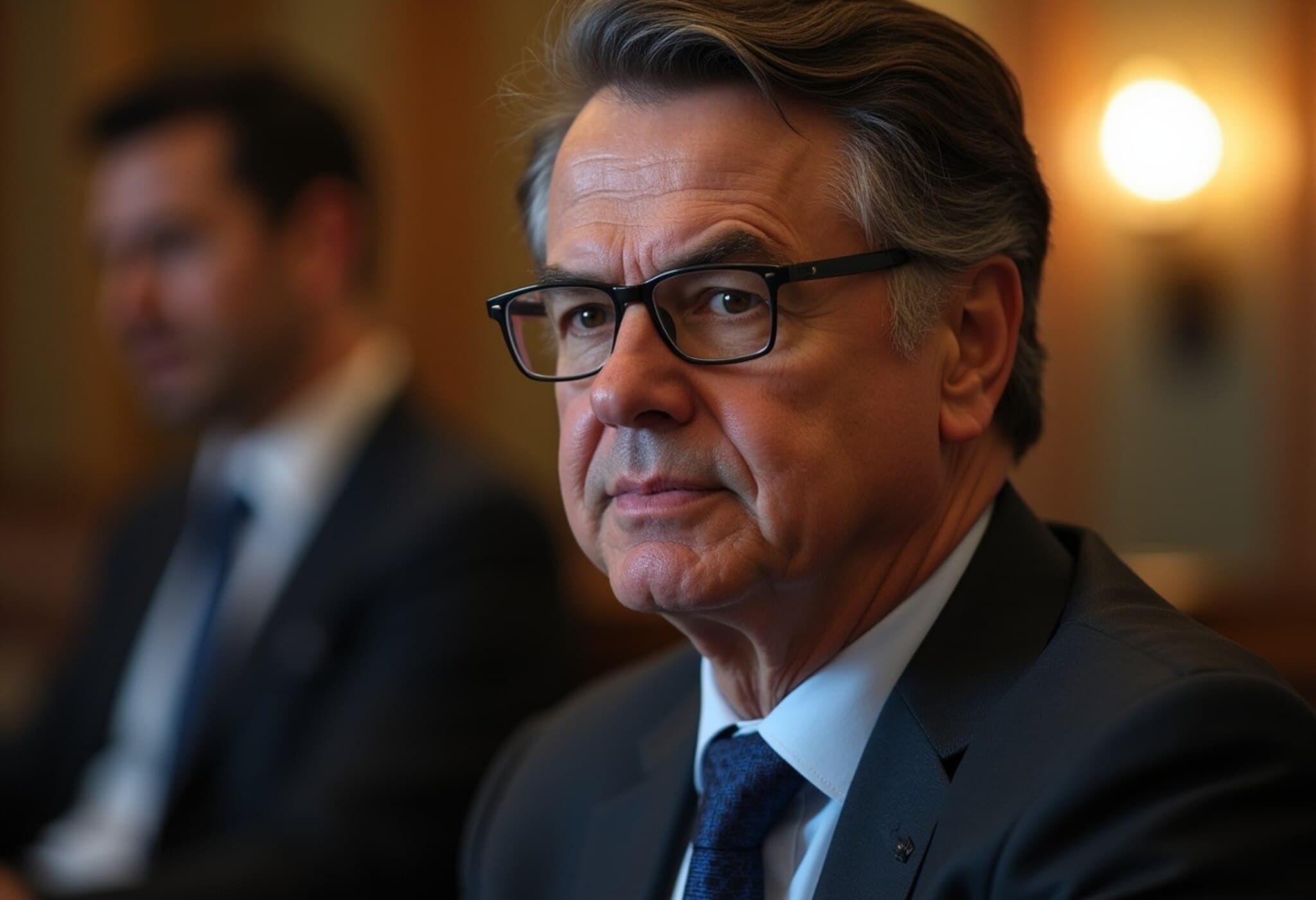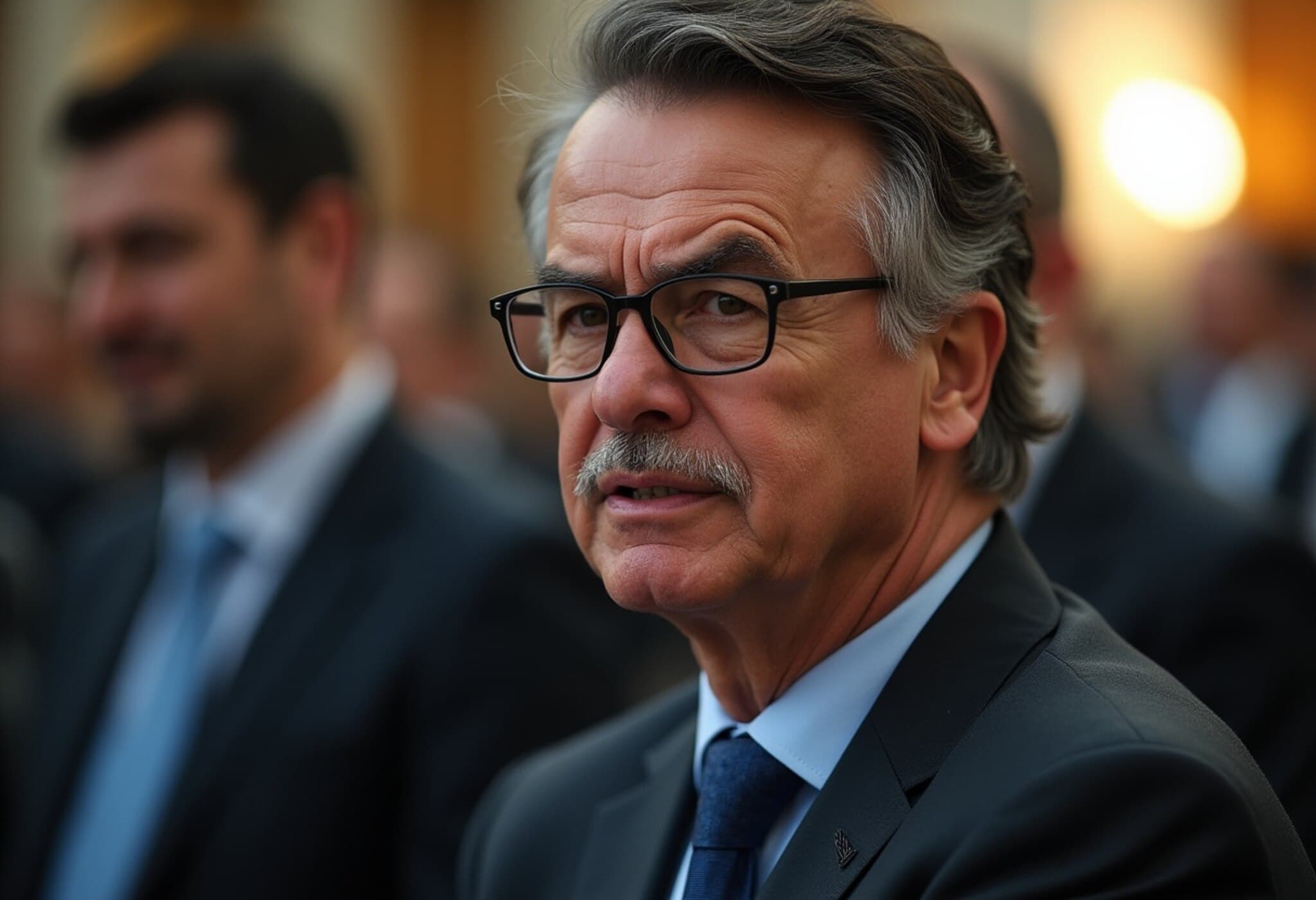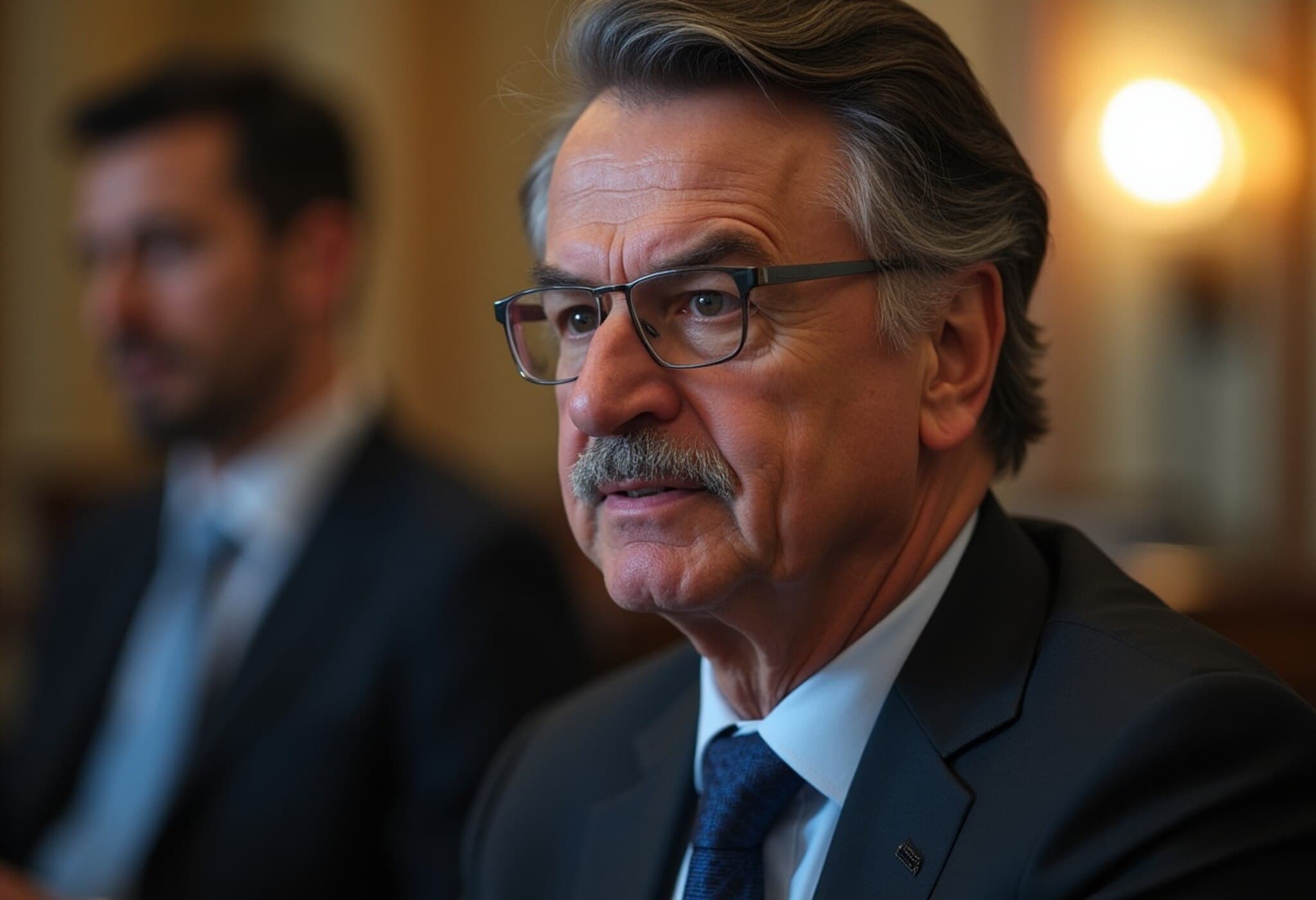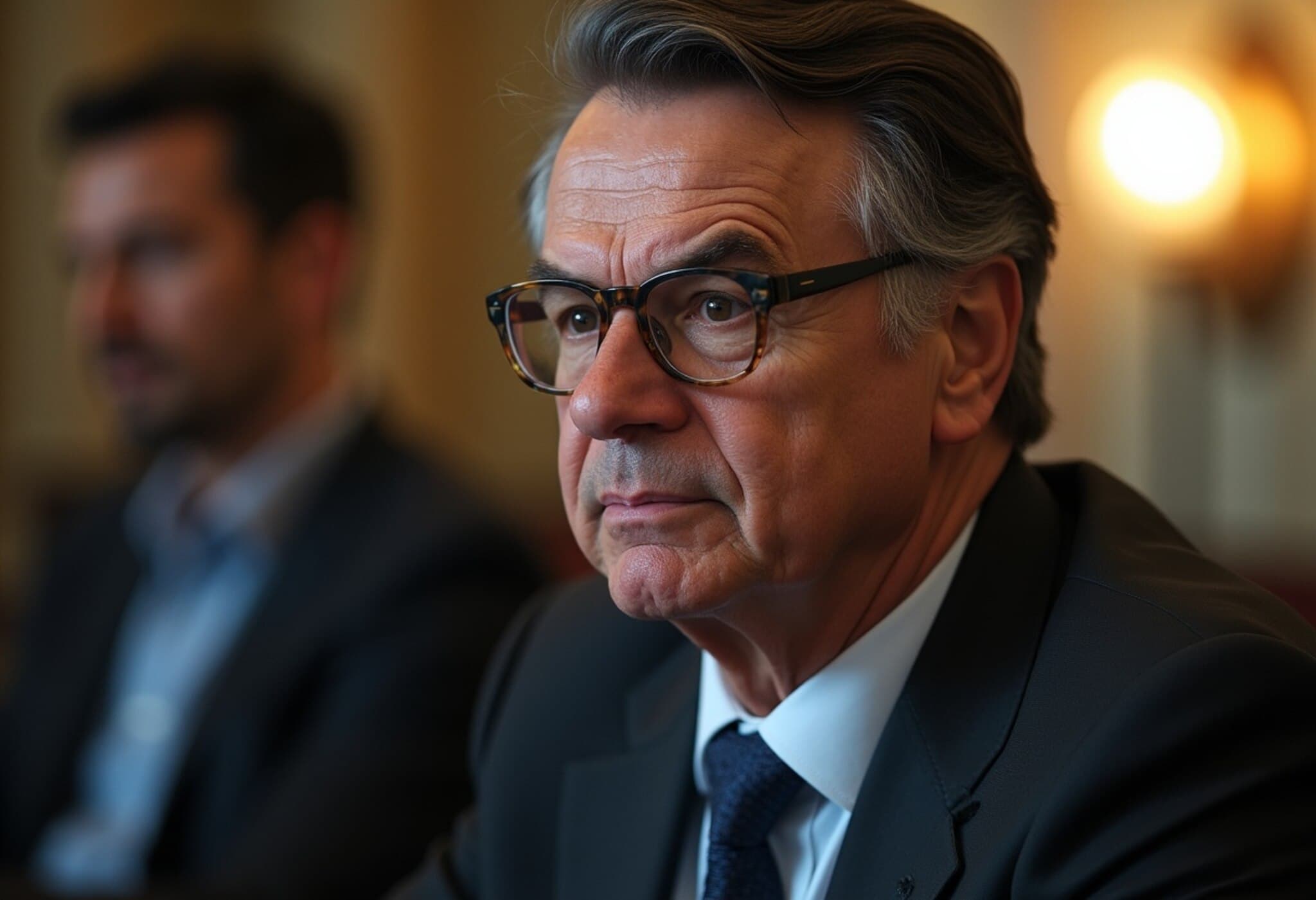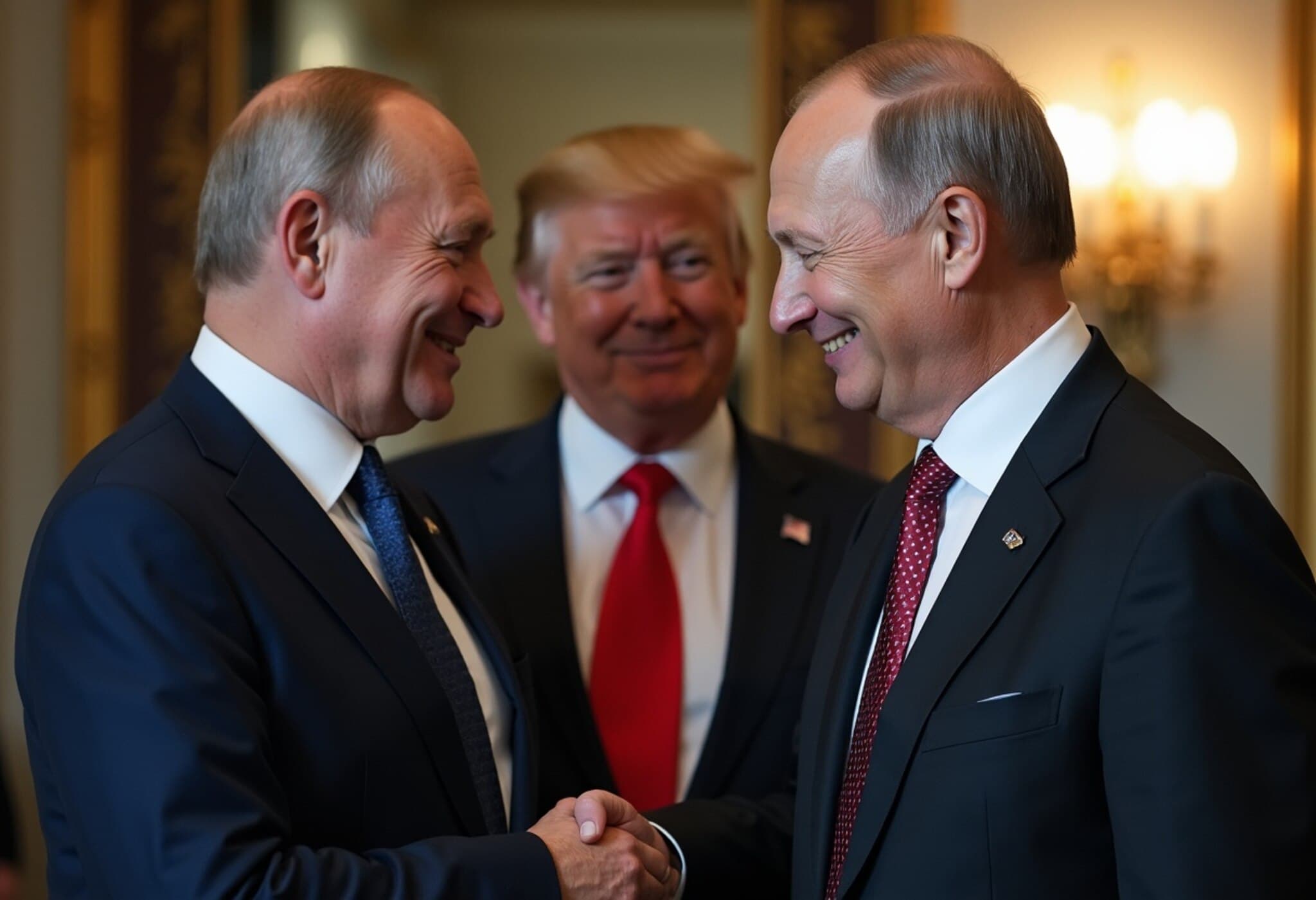Bolsonaro’s Trial at Brazil’s Supreme Court Scheduled for Early September
On September 2, a pivotal legal chapter will unfold in Brazil’s recent political drama as former President Jair Bolsonaro faces trial before a five-judge panel of the Supreme Federal Court (STF). The charges center on accusations that Bolsonaro orchestrated a plot to undermine Brazil's democracy following his 2022 electoral defeat.
What the Trial Entails
Justice Cristiano Zanin will lead the panel presiding over the case, which is slated to run from September 2 through September 12. The trial is expected to scrutinize evidence of Bolsonaro’s alleged efforts to destabilize Brazil’s constitutional order, raising acute legal and political questions about the protection of democratic institutions in Latin America’s largest democracy.
Context: Bolsonaro Under House Arrest and Restrictions
Since August 5, Bolsonaro has been confined to house arrest under the supervision of Justice Alexandre de Moraes, who heads the case. The restrictions came after Bolsonaro flagrantly violated court orders by distributing content through his three sons, all of whom serve in the Brazilian Congress. However, Justice de Moraes recently eased family visitation rules, allowing Bolsonaro unrestricted visits with close relatives, demonstrating careful judicial balancing between enforcement and humane treatment.
Broader Political and International Repercussions
Bolsonaro’s trial has reverberated well beyond Brazil’s borders amid a backdrop of geopolitical tension. Notably, U.S. President Donald Trump has publicly decried the trial as a “witch hunt,” tying Bolsonaro’s prosecution to a recent U.S. decision to impose a substantial 50% tariff on Brazilian imports. This linkage underscores how judicial proceedings within Brazil are being interpreted through a prism of international trade disputes and political alliances.
Expert Analysis: The Stakes for Brazilian Democracy and Regional Stability
This trial is more than a domestic legal matter; it signals a test of resilience for democratic norms in Latin America. Specialists warn that prosecuting a former president on charges of attempting to subvert an election might set significant precedents—both positive and perilous. It reaffirms that no individual is above the rule of law, yet it also risks deepening polarization and unrest if handled without transparency and respect for due process.
Moreover, the case opens new conversations about the role of social media and political influence in shaping public opinion and judicial outcomes—a challenge shared globally as democracies face the complexities of misinformation and populism.
What to Watch For
- The presentation and credibility of evidence implicating Bolsonaro and his allies in the coup allegations.
- The response of Bolsonaro’s political base and possible impacts on Brazil’s social cohesion.
- International diplomatic reactions, especially from the United States, considering the intertwined political narratives.
- How Brazil’s judiciary continues to balance firm legal action with preserving democratic freedoms.
Editor’s Note
As Brazil stands at this crossroads, the trial of Jair Bolsonaro offers a compelling window into the fragility and strength of democratic institutions facing internal challenges. It raises critical questions: How should democracies deal with electoral losers who reject results? What safeguards ensure accountability without provoking further division? Observers worldwide will be watching closely—not just for the verdict but for the democratic precedent it may set in an era of rising global political tensions.

